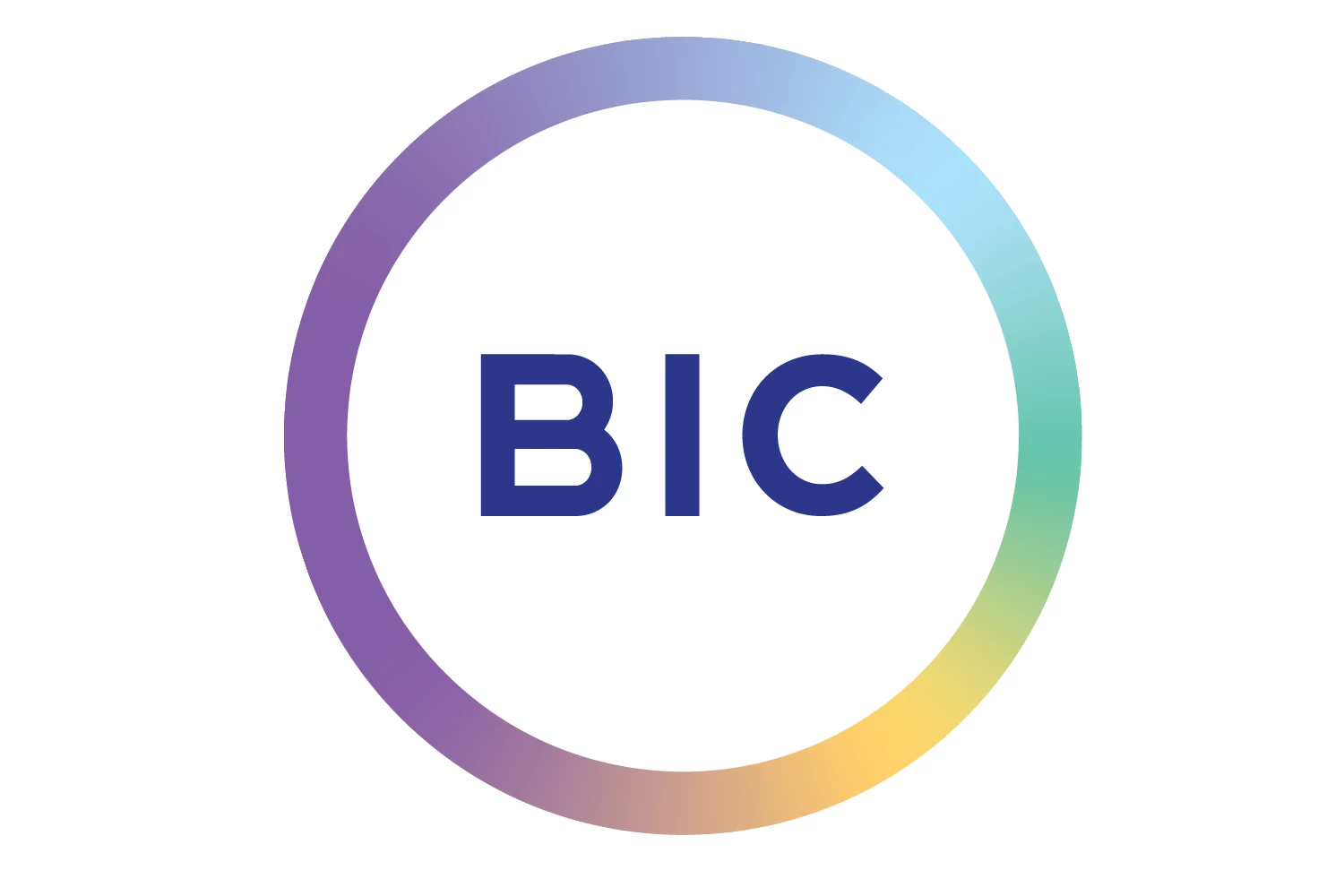
Member Article
Peer to Peer Lending a Good Thing?
There have been a whole slew of press stories and data from the Bank of England that confirm our suspicions – the banks are not as keen to lend as they once were. New bank lending applications are at an all time low. This is particularly true for SME’s who since 2009 have really felt the squeeze, in some cases inhibiting their growth and expansion plans. The FSB http://www.fsb.org.uk/, FPB http://www.fpb.org/ and the CBI are regularly in the business pages of the newspapers and on the BBC telling us just how tough it is for SME’s to find finance.
The banks have made the not unreasonable point that as the economy has deteriorated so has the credit quality of many previously creditworthy customers and that they would dearly like to lend more but struggle to find strong enough covenants.
At the same time, as we all know, interest rates have fallen to an all time low which has clearly had a similar effect on savings rates.
The upshot is that many brokers and intermediaries have established peer-to-peer lending – effectively matching borrowers with lenders. The borrower, typically an SME, ends up with the finance required either in the form of a loan or equity and the lender has a far improved return on his or her investment.
So far so good. However until recently lending of this type was only undertaken by seasoned business people with financial acumen and knowledge. They could look at a business and undertake their own diligence and were very aware of the pitfalls and potential for loss – which is hugely greater than in conventional bank investments where the bank who lends the money to the customer takes all the risk.
I can foresee a situation whereby inexperienced investors will be seduced by relatively attractive returns without any real idea of the risk profile to which they are being exposed. This could lead to legal action by the lenders who feel misled and this legal action will inevitably in part be directed at the borrowers.
My advice to business owners who are thinking about this type of support is to ensure that they have a robust business plan and that this plan is shared with these potential lenders. If you don’t you risk a Facebook type revolt which is both time consuming and expensive.
Phil Dibbs
Managing Director
Hawkmoor Associates Limited
www.hawkmoorassociates.com
www.twitter.com @hawkmoortweets
This was posted in Bdaily's Members' News section by Phil Dibbs .



 How advancements in technology are shaping the future of the economy in North East England
How advancements in technology are shaping the future of the economy in North East England
 South Yorkshire Craftsmanship and Innovation: A Tale of Heritage and Growth
South Yorkshire Craftsmanship and Innovation: A Tale of Heritage and Growth
 Demystifying Degree Apprenticeships
Demystifying Degree Apprenticeships
 Industry-focused apprenticeships pave the way for a bright future in science manufacturing
Industry-focused apprenticeships pave the way for a bright future in science manufacturing
 What’s the best hosting plan for a business website?
What’s the best hosting plan for a business website?